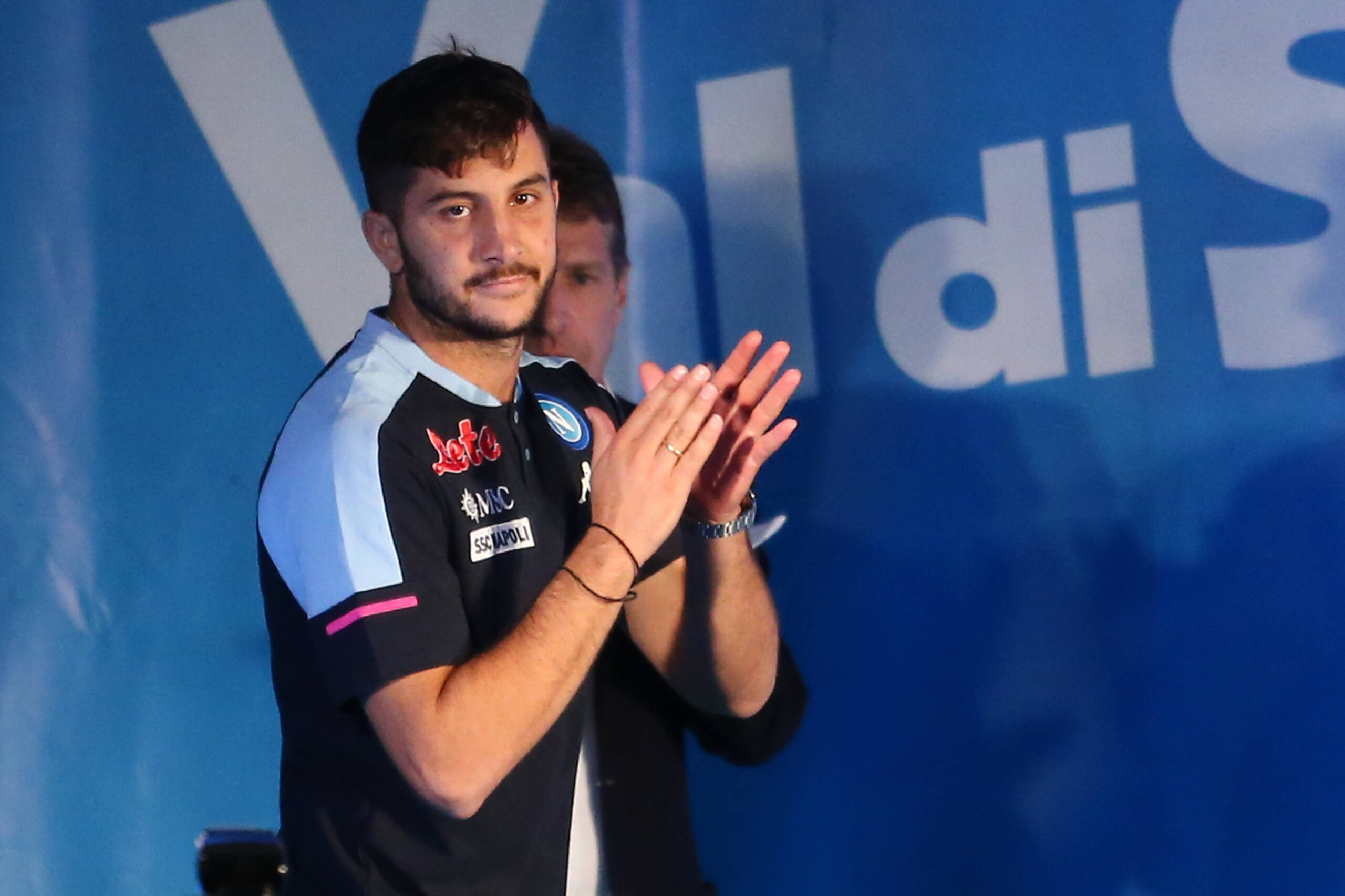Yesterday, 18:50 • 4 minutes reading time
—
–
Some of the vulnerable patients build up little or no resistance after full vaccination against the coronavirus. This is apparent from the preliminary results of a series of studies in which the UMCG is participating.
—
At the start of the vaccination campaign, many people with a medical indication were given priority in the vaccination. For example, it concerned people with kidney problems and lung disorders. The effect of the vaccines had not yet been sufficiently studied in patients with a weakened immune system.
—
Eight studies
In eight studies by university hospitals in the Netherlands, including the UMCG, additional research is being conducted on patients with immune disorders, cancer patients, kidney or lung transplants, and patients with HIV or Down’s syndrome. The studies together cost 15.5 million euros, which is paid by ZonMw, a financier for medical research. The first results were presented on Tuesday in a digital press meeting.
—
The study is of interest to an estimated 500,000 to one million patients. They are all more susceptible to contracting the coronavirus, more susceptible to a more serious course and there were questions about the effectiveness of the vaccines.
—
Little or no benefit
The first results of four studies now show that thousands of patients have little or no benefit from a vaccination. For example, 12,000 patients with a donor kidney have little or no protection.
—
Of the 300 patients with a kidney transplant studied, 63 percent do not respond or respond insufficiently to a full dose of a vaccine. They don’t build protection. Kidney patients have up to five times higher risk of death from corona. For kidney patients without a transplant, the vaccine appears to work in the vast majority of cases.
—
We are left with a huge group of people who are not protected and who cannot protect themselves
–
The vaccine appears to work well in 60 patients on the waiting list for a lung transplant. Lung patients who have had corona also benefit from one ‘booster shot’ after their infection.
—
63 of 105 lung patients did not respond
But the picture is completely different in people with a lung transplant. The vast majority do not build up protection against corona: 63 of the 105 patients did not respond to the vaccine. Limited effect was seen in 29 and the other 13 patients did build up resistance. In the Netherlands, about 800 people have a lung transplant.
—
The researchers were also surprised by patients who, contrary to expectations, did respond well to the vaccines. In people with a congenital disorder of the immune system, part does not react as expected, but another part does and appeared to be sufficiently protected.
—
The freedom that the group of vulnerable has surrendered continues
–
There were also striking results in blood cancer and lymphoma patients. Due to their treatment, the immune system in these patients is no longer as strong, which is why the Health Council advised against vaccination. But some reacted remarkably well and produced sufficient antibodies. The researchers hope that the guidelines will be amended, because it does not appear to apply to all patients.
—
What does this research now yield?
The specialists are investigating, among other things, the effect of so-called ‘boosters’, extra vaccinations for vulnerable groups. That may offer hope to many of them, but not everyone. ‘We are left with a huge group of people who are not protected and who cannot protect themselves,’ says Erik Verschuuren, immunologist and lung transplant doctor at the UMCG.
—
Colleague researcher Mette Hazenberg of Amsterdam UMC raises the question: what should society do for this vulnerable group? ‘The discussion is very much about the freedom people have to vaccinate or not to vaccinate. But the freedom that this group of people has surrendered continues. They would like to be vaccinated with something that does work. The lack of freedom of this group needs more attention.’
—
The researchers are still working on studies that include research into people with HIV and Down syndrome. The first results will be published shortly.
—


